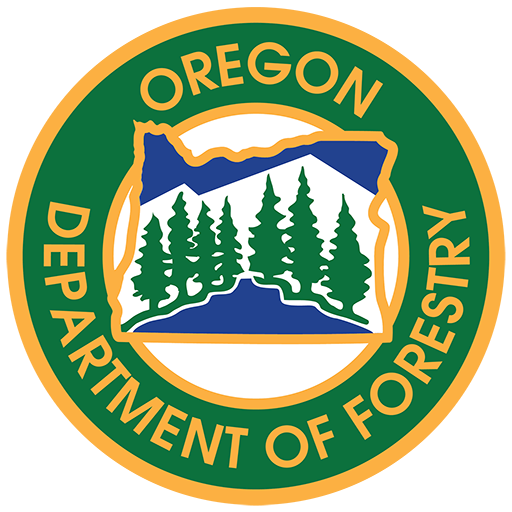[Prineville, Ore.] Spring
is often the time when landowners work to clean up vegetation and yard debris
around their property and is the perfect time for cleaning gutters and removing
leaves and needles from rooftops to reduce risk of wildfire damage to homes and
buildings. However, Oregon Department of
Forestry’s Prineville Unit reminds landowners to be cautious if they plan to
burn that material. Weather in the
spring can often be erratic and winds can pick up suddenly, fanning flames and dispersing
embers into dry vegetation nearby. Many communities have programs which allow
for chipping and disposal of these types of materials at low or no cost to
landowners. ODF encourages landowners to
take advantage of these “No Burn” opportunities such as FireFree Events
throughout Central Oregon. Event dates
for 2021 can be found here, https://www.firefree.org/firefreeevents/.
Landowners planning
to burn yard debris, material from fuel reduction projects, and other
commercial forest slash this spring in Crook, Deschutes, and Jefferson counties
should obtain a burn permit from the Oregon Department of Forestry (ODF) and/or
follow burning instructions from their local fire department. Operators and landowners burning forestry
slash or fuel reduction materials should complete burning according to the
instructions on their burn permit to reduce risks of escaped burns and the
rekindling of burn piles later in the season when wildland fuels have dried
out.
Below are some tips
to reduce the risk of a fire getting out of control.
·
Check weather forecasts. Avoid burning on windy days or when wind is
forecast to be erratic or increasing.
·
Check with local fire department and county
restrictions to be certain burning is allowed and what restrictions should be
followed.
·
Never leave a fire unattended. Be certain the fire is completely out prior
to leaving.
·
Have a water source and shovel available while
burning.
·
Keep debris piles small. Add material gradually as the pile burns
down.
·
Ensure burned piles are cold prior to adding new
material for future burning.
·
Contact 911 immediately if the fire gets out of
control.
Landowners can be
held financially responsible for the costs of putting the fire out and any
damage caused by a fire if they are found to be negligent while burning. The responsible party can also be cited for an
uncontrolled fire. Debris burning
includes field/pastures and irrigation ditch burning intended to reduce thatch
as well as other agricultural type burning.
For additional
information on ODF’s Central Oregon District, including contact information and
unit offices, please visit www.ODFcentraloregon.com.
